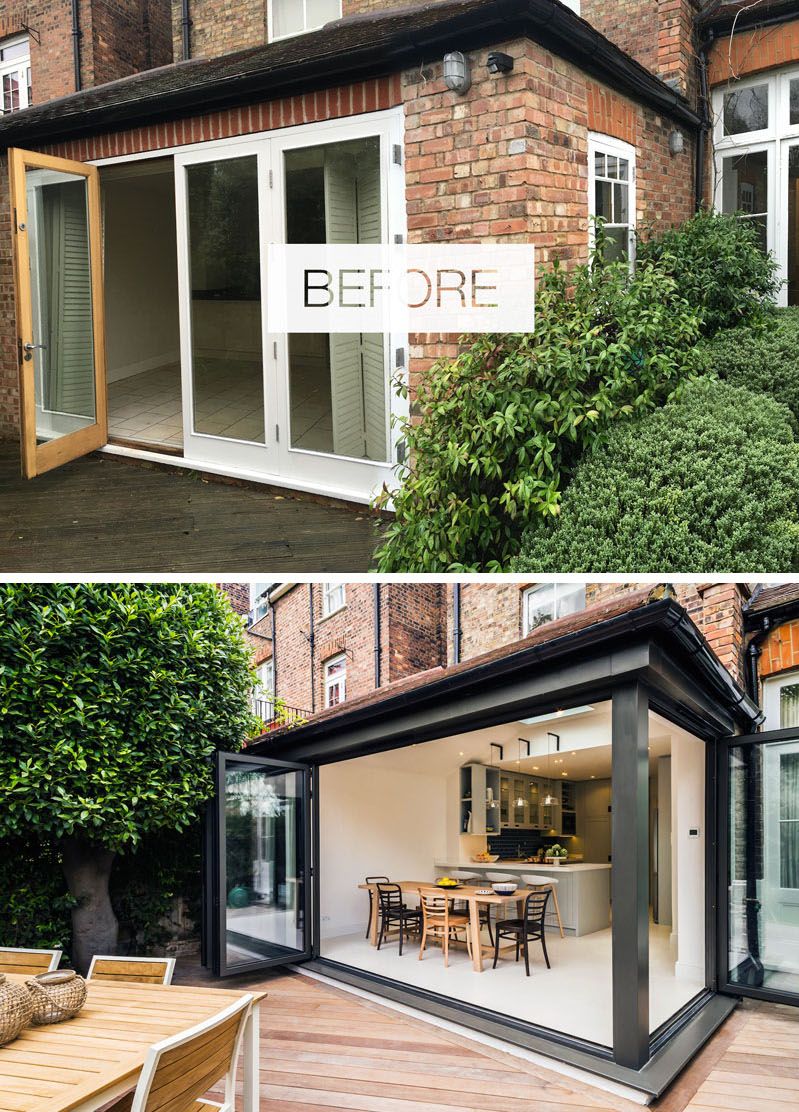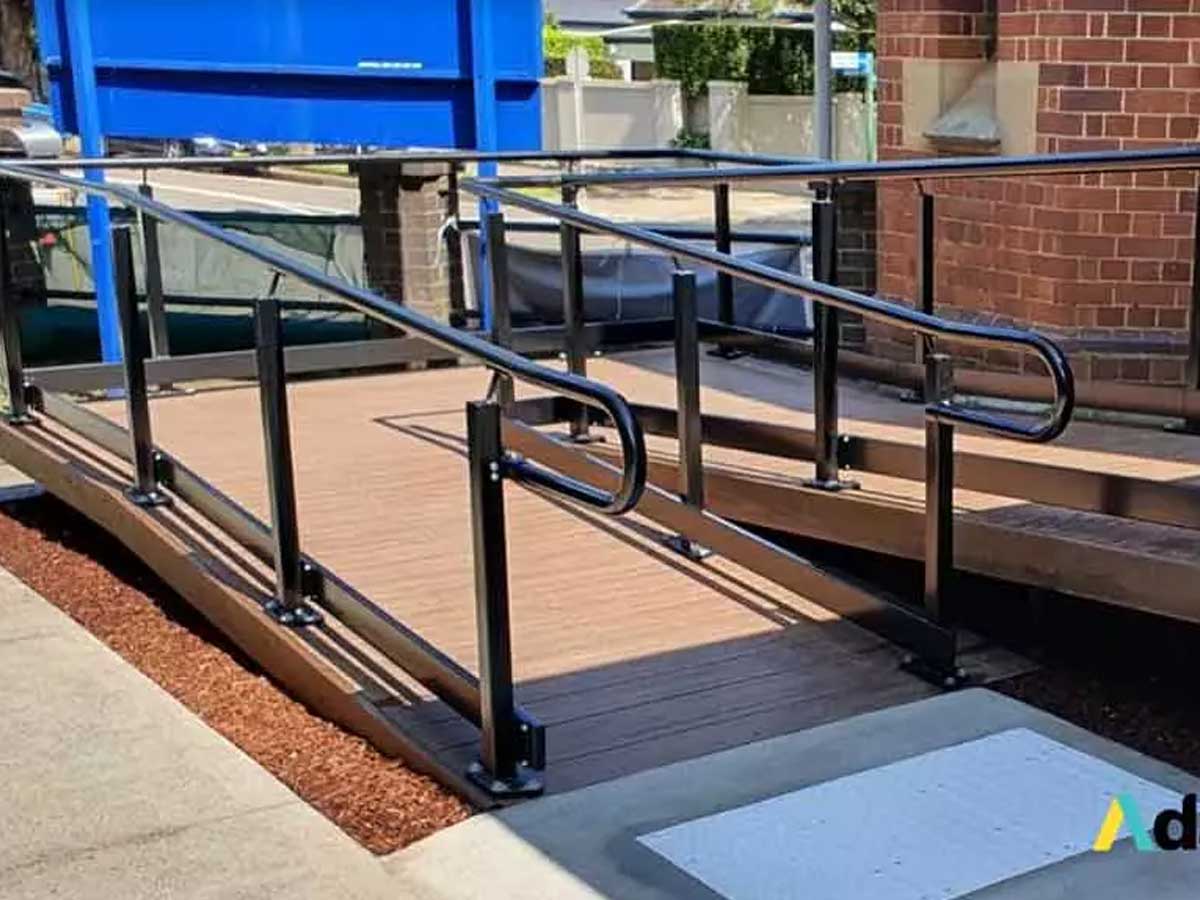Approvals for Shop / office fitout projects
-
Four approval processes apply to office fitout projects as follows:
- Agency design approvals are required as part of the fitout project design and documentation process and are generally required at the schematic design (engineer / designer plans), design development and contract documentation stages of fitout projects.
- Technical fitout approvals are required under the Approval Process for Government Office Accommodation Projects initiated by the Department of the Premier and Cabinet and administered by the Department of Housing and Public Works (HPW). For details, see practice note: Approval procedures for government office accommodation projects.
- Building-owner approval The funding agency is responsible for ensuring that building owner approval is obtained for all fitout projects, whether in owned or leased office buildings prior to any works occurring on site. HPW will obtain building-owner approval for projects that they manage and fund.
- Financial approvals are required according to the funding source. Agency-funded projects require funding approval according to each agency's procedures and delegations. Projects funded jointly by agencies and through the Office Accommodation Program require similar approvals by each agency and approval by HPW according to its procedures and delegations. HPW will assume responsibility for project submissions that require Executive Council financial approval when funded from the Office Accommodation Program

What development standards do I need to meet before I open my retail shop for business?
Clause 2.20B of the State Policy sets out the list of development standards that you must fully satisfy before you begin operating your retail shop.
-
Development standards are criteria that manage the impacts of your shop. Those criteria include:
- No building alterations are allowed except those that are exempt development.
- There must be no increase in gross floor area.
- You must comply with any existing condition of the most recent development consent (other than a complying development certificate) that applies to the premises relating to hours of operation, noise, car parking, vehicular movement, traffic generation, loading, waste management and landscaping.
- If no existing conditions apply to hours of operation, the premises must operate only between 7am to 7pm on any day

Do shops need to be allowed under council / PCAs existing planning controls?
Yes. The use must be permissible with consent under an environmental planning instrument that applies to the land. A concil / PCA’s local environmental plan is one such environmental planning instrument. The applicable land use table in the local environmental plan must state that concil / PCA permits shops or commercial premises (that include retail premises) with consent.
Figure 1 above provides an example of a land use table. In the figure, the underlined land uses indicate that concil / PCA permits shops with consent. If you are unsure, contact your local concil / PCA for help determining whether it permits your shop.

- Does the previous use need to be lawful? Yes, the previous use needs to be lawful. A consent authority must have previously issued a development consent or complying development certificate. You can get a copy of the previous approval from your local council / PCA.
- I will be the first occupier of the shop. Can I still apply for complying development approval? Part 5 of the State Policy allows you to apply for the first use of the premises as a retail shop as long as you meet all of the development standards.
- Can I make alterations and additions? The State Policy considers installing a new or replacement awning, windows or skylights; a rubbish bin enclosure; or a business identification sign (projecting from the wall or freestanding) as complying development. You can carry out these types of development as complying development as long as you comply with the development standards in Part 5 of the State Policy.
You may also build an addition to the rear of a commercial premises or externally alter a commercial premises as complying development under Part 5A of the State Policy
Should I seek professional help with my application?
We encourage you to engage a professional town planner and building designer who can help you make sure your proposal meets the required development standards. When your plans fully comply with these standards, you can lodge your application with your local council or private certifier
Disability access
Persons with disabilities from a broad range of categories must be able to enter the building and the workplace and be able to use its amenities with opportunity equal to that of able persons. While mobility impairment is most often considered, the less apparent categories are: Physical, Sensory, Intellectual, Psychiatric, Neurological and Learning. The most comprehensive design approach is termed ‘Universal Design’ and aims to design for the widest possible range of ability with as few barriers or constraints as possible. Every opportunity must be taken to meet the needs of the broadest range of users and specifically when special needs have been identified
Requirements regarding building accessibility are prescribed in the Building Code of Australia, which states that new building work is to be designed to the Australian Standard AS1428.1:2001: Design for Access and Mobility Part 1 and Australian/New Zealand Standard AS/NZS 1428.4:2002: Design for Access and Mobility Part 4. The BCA also requires that any associated carparking for people with disabilities is to be designed to the Australian/New Zealand Standard AS/NZS 2890.1:2004: Parking Facilities Part 1. These standards are not limited in their coverage to people with mobility impairment, but cover a range of disabilities, including sight and hearing impairment.
